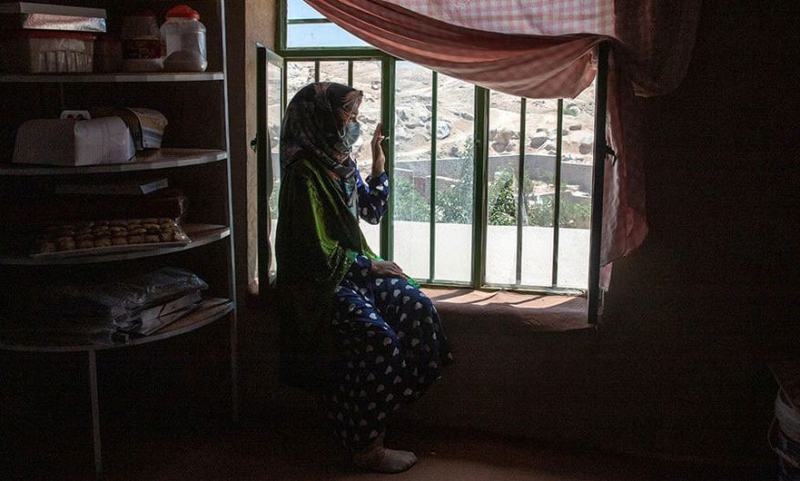- Govt Moves to Clear Tk20,000cr Dues to Avoid Summer Outages |
- Maduro Pleads Not Guilty in US Court, Claims Presidency |
- A 15-Jun 2015 story: BNP with 70 pc mass support must play its role |
- Why Trump Targeted Venezuela and Moved Against Maduro |
- Trump Claims Maduro, Wife Captured, Headed to New York |
‘Gender apartheid’ in Afghanistan

A 31-year-old woman sits by the window. She used to be an entrepreneur before the Taliban takeover. © UN Women-Sayed Habib Bidell
10 June 2024 - The oppression of women and girls in Afghanistan since the Taliban takeover in August 2021 is unmatched in terms of scale and generational impact, according to a new update on gender discrimination in the country from UN Women released on Monday.
Key international actors, including the UN Special Rapporteur on the Situation of Human Rights in Afghanistan, have used terms such as “gender apartheid” to describe the high levels of discrimination.
“Gender apartheid is not merely a theoretical possibility or legal construct, but a real threat and lived reality for millions of women and girls around the world,” in February.
While there is no conventional legal framework currently in place in Afghanistan, a series of written and verbal decrees issued by the de facto authorities have forcefully curtailed the freedoms of women and girls.
UN Women is calling for immediate global action to end the injustice.
Mounting oppression
The decrees founded on the Taliban’s interpretation of Islamic law dictate women’s attire, strictly limit their movement and restrict access to education and professional opportunities, in effect eliminating their voices from public spaces.
Only one per cent of Afghan women feel they have influence in their communities, and 18 per cent report not meeting once with women outside their immediate family for the last three months.
“Women want the right to make decisions, not just in their homes, but in government and other spaces. They want an education. They want to work. They want their rights,” one 26-year-old Afghan woman told UN Women.
This discrimination will lead to inevitable long-term consequences. For instance, the ban on girls’ education is correlated with a 25 per cent increase in the rate of child marriage and a 45 per cent increase in the rate of early childbearing.
UN Women’s gender profile shows that leaving 1.1 million girls out of school and barring more than 100,000 women from university is correlated with an increased risk of maternal mortality by at least 50 per cent. – UN News

